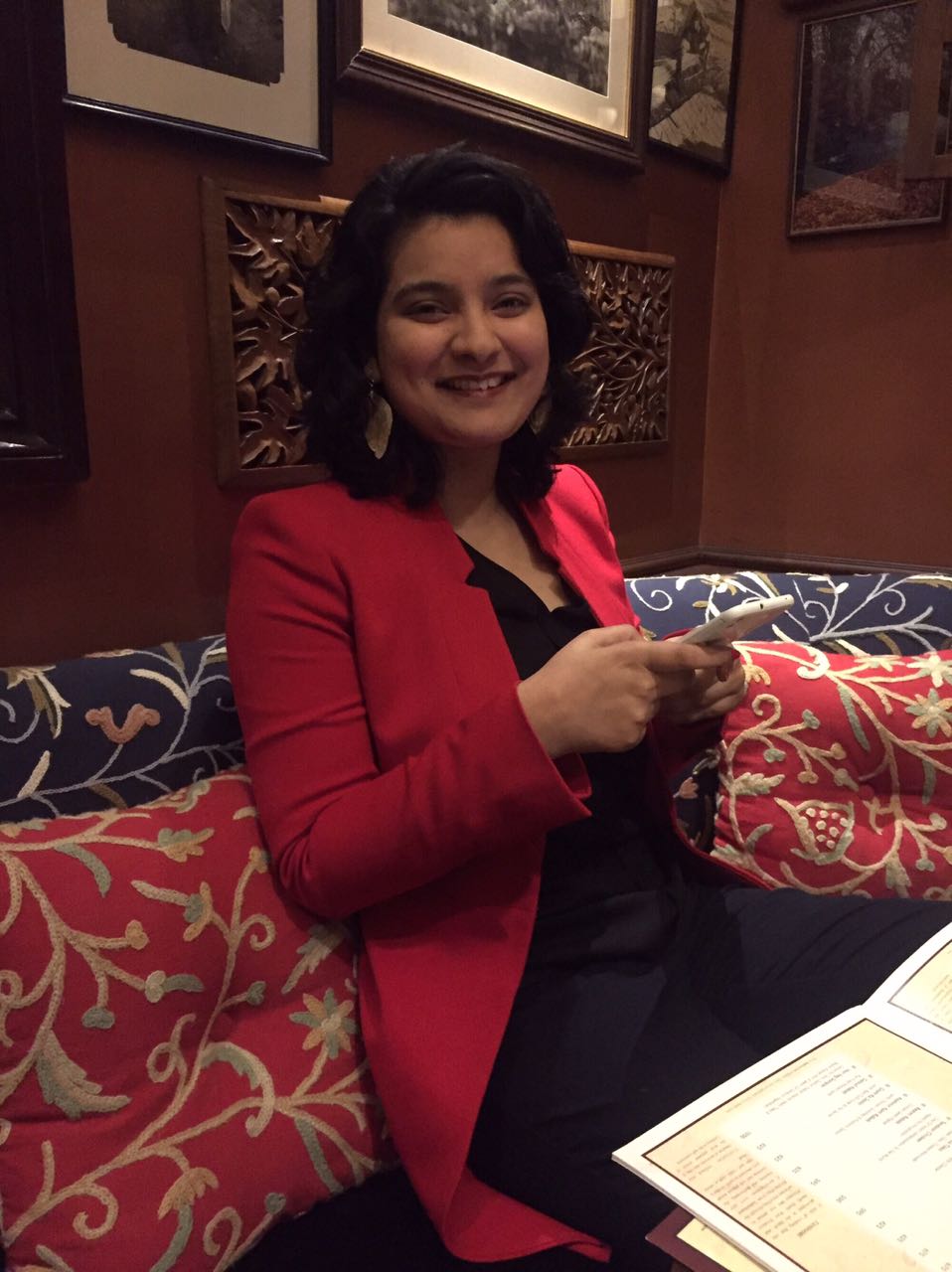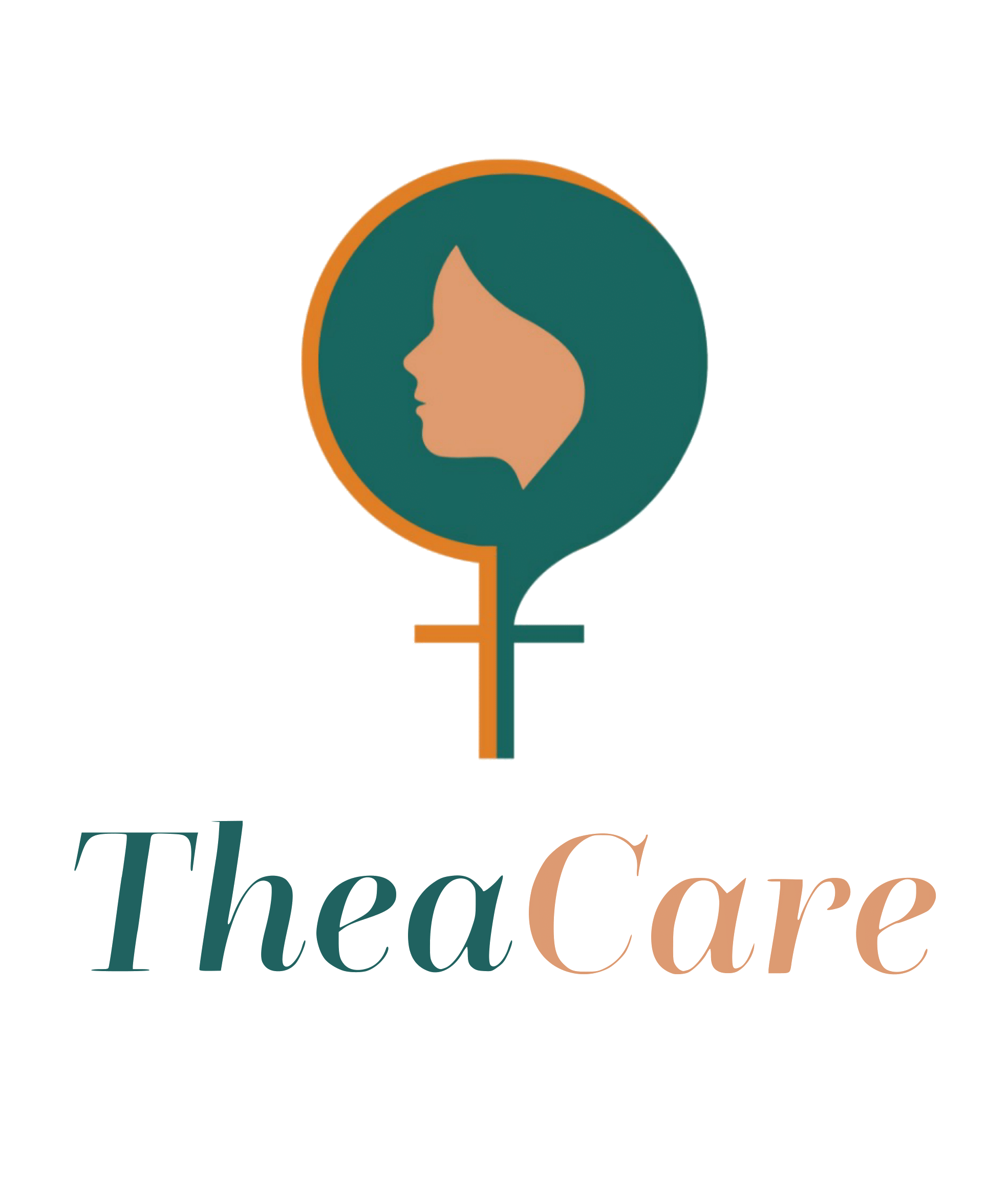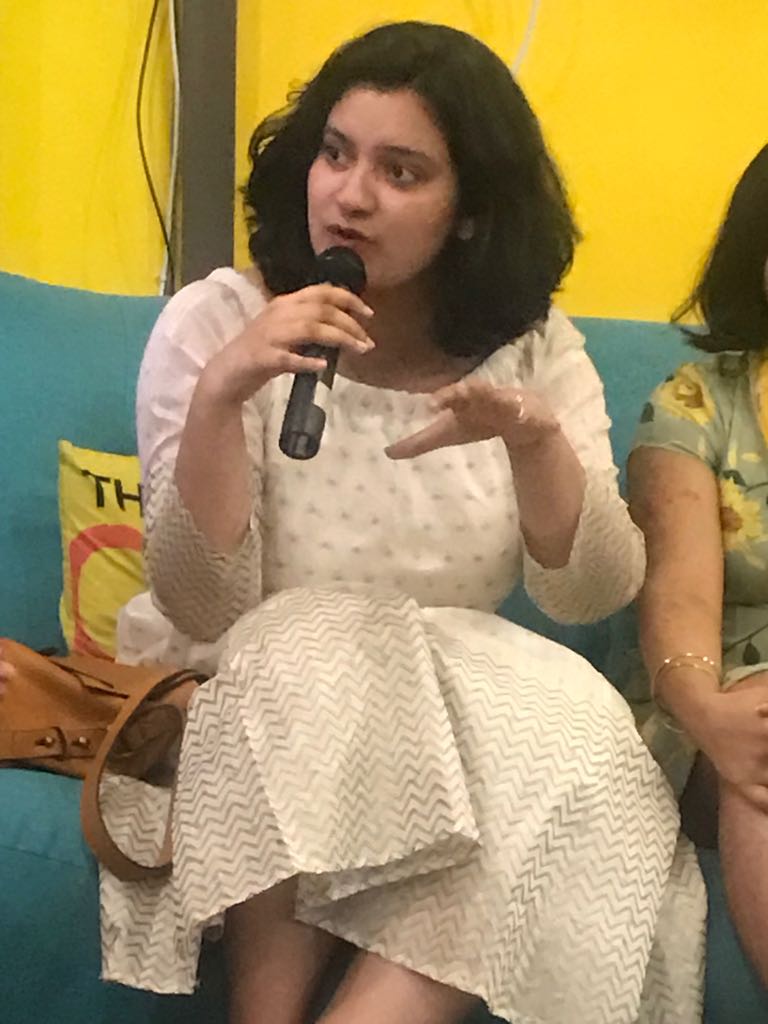In Service of the Goddesses: Interview with Swarnima Bhattacharya, Founder TheaCare
 Arguendo catches up with Swarnima Bhattacharya, Founder TheaCare. Swarnima works as a POSH consultant with various companies and is also a Fellow of the Berlin-based DO School and a Women Deliver Young Leader. She’s passionate about fostering socio-cultural shifts in attitudes towards women’s health.
Arguendo catches up with Swarnima Bhattacharya, Founder TheaCare. Swarnima works as a POSH consultant with various companies and is also a Fellow of the Berlin-based DO School and a Women Deliver Young Leader. She’s passionate about fostering socio-cultural shifts in attitudes towards women’s health.
TheaCare (previously Women’s Health Line) is a platform that aims to dismantle the culture of silence around women’s health and bodies by creating awareness, and fostering healthy conversations, through a robust framework of well-researched content, an engaging community, comprehensive sex education, and a range of ingenious products and services.
Sourya (S): How did your schooling and college years shape you as the person you are today?
Swarnima (Sw): I am privileged to have attended one of the best schools in the country, La Martiniere Girls’ College, in Lucknow. It was an all-girls school, with a diverse female faculty and a strong single mother for Principal. I did not realize it then, but my schooling was one of the most ‘feminist’ things to happen to me. We were in close contact with a formidable woman authority figure who is considered one of the foremost educationists in the country. We were taught by women who came from diverse religious backgrounds: some who chose not to marry, some who started working in our school only after they got married, some who were going through a divorce and raising children alone, and some who would give us a ‘free period’ because their Karvachauth fasting made it difficult to teach! It was primarily the remarkable atmosphere in Hindu College, that articulated my liberal thoughts and made me look back at my school life with even more pride and gratitude. The amount of exposure I received towards social change-making, going beyond the pale, just by dint of the kind of people who taught me in school and college, makes my heart filled with gratitude. And as I have always been taught to do, I try my best to pay it forward, be aware of my privileges and always question my inherent biases.
(S): How and when did you get around to starting TheaCare?
(Sw): I started TheaCare formally, less than a year ago. We will turn 1 in August 2018. Although I have always felt the need to talk more about women’s health ever since I was a child. I witnessed  my mother facing a range of gynecological issues, and how it impacted her mental health. She finally underwent hysterectomy but her troubles did not stop there. Until now, I don’t remember us talking about the impact of all this, and the rigors of middle-class life, on my mother’s mental health, despite having the coolest, most broad-minded father. We as a society learn too late to talk about women’s health and bodies in an autonomous manner rather than a protectionist, welfarist manner. Most of the time, we don’t learn. Often, that becomes the difference between education and the lack of it, dignity or the lack of it. And sometimes it is simply the difference between life and death. These were the thoughts that prodded me to start a platform exclusively for women’s health.
my mother facing a range of gynecological issues, and how it impacted her mental health. She finally underwent hysterectomy but her troubles did not stop there. Until now, I don’t remember us talking about the impact of all this, and the rigors of middle-class life, on my mother’s mental health, despite having the coolest, most broad-minded father. We as a society learn too late to talk about women’s health and bodies in an autonomous manner rather than a protectionist, welfarist manner. Most of the time, we don’t learn. Often, that becomes the difference between education and the lack of it, dignity or the lack of it. And sometimes it is simply the difference between life and death. These were the thoughts that prodded me to start a platform exclusively for women’s health.
(S) Were people initially open to talking to you about topics considered “taboo” in the conservative Indian society?
(Sw): Not at all. Almost all men I spoke to, responded by saying: “But why just women’s health? Even men’s health is important!” A lot many women responded by saying: “But why are you targeting the urban women? These issues are only there in rural India!” It took me a long time, and a detailed demonstration of the length of breadth of women’s health issues that we are so used to taking for granted, before a lot of people realized just how integrated these issues are to our daily lives.
(S) What were the objections/challenges you faced starting up TheaCare?
(Sw): I think the challenges we faced were the very usual, for women trying to create businesses for a women audience, which was not related to beauty or fashion. The fact that a market exists that is eager to focus exclusively on health, is hard to imagine for a lot of people, despite numbers staring at them. It is still an immensely daunting task to reclaim narratives about women’s health, and make it mainstream, to intuitively think how to build trust with our users and create that safe and empathetic space where they can find all the answers they need. In times of great digital content clutter, it is not easy to push down long-form informative content to beat the deluge of misinformation.
(S): What does the name TheaCare mean and what all does your organization do?
(Sw): “Thea” means Goddess. As space, we emphasize on the strength, power, collective wisdom and burning potential of women. We believe there are stories and experiences of women with respect to their health and bodies, that need to be uncovered and unraveled to identify systemic under-research in women’s health. As a platform, we are a forum, a means to reach out to experts, and also a comprehensive marketplace for women’s health products. We also conduct campaigns to increase focus and conversation around pressing issues surrounding women’s health.
(S): How is the female healthcare scenario in India currently?
(Sw): The women’s healthcare space is severely under-served at the moment, in terms of medical outreach, scientific research, awareness, comfort with medical professionals, products to increase comfort. The core problems are:
- Silence, the stigma around women’s health
- Lack of support systems and safe spaces for conversations
- Issues around visiting doctors at the right time– inertia, not knowing the problem at the right time, women ignoring their own well-being at home, restrictions on mobility.
 For example, 26 million women in India are affected by endometriosis. 1 in 5 new mothers are affected by postpartum depression. 1 in 10 are affected by PCOD/PCOS. 1 in 22 urban women in India develop breast cancer during their lifetime and every 8 minutes a woman dies of cervical cancer. The statistics for obstetric violence are even gorier. The problem is not only that we don’t know about it but also that we don’t talk about it. While some extremely affluent women in some of the most upscale localities in India’s metros are able to afford some state-of-the-art medical facilities, this does not necessarily indicate an attitudinal change of any kind.
For example, 26 million women in India are affected by endometriosis. 1 in 5 new mothers are affected by postpartum depression. 1 in 10 are affected by PCOD/PCOS. 1 in 22 urban women in India develop breast cancer during their lifetime and every 8 minutes a woman dies of cervical cancer. The statistics for obstetric violence are even gorier. The problem is not only that we don’t know about it but also that we don’t talk about it. While some extremely affluent women in some of the most upscale localities in India’s metros are able to afford some state-of-the-art medical facilities, this does not necessarily indicate an attitudinal change of any kind.
(S): How do you think this can be improved?
(Sw): Mainstreaming conversations on women’s health by; Large-scale govt campaigns with the right messaging, and a sequential deep-dive on issues like mental health, breast care, Endo, gynecological cancer etc. Hospitals making it convenient to bring husbands/partners into conversations around women’s health and well-being. Increase in independent voices and platforms that operate in diverse contexts.
(S): What are some of the major problems that females face which are not really talked about?
(Sw): Infertility, post-partum depression, fibromyalgia, Crohn’s disease, endometriosis, post-partum depression, menstrual disorders. These are the least talked about issues when it comes to women’s health. Other than this, simple conversations around intimate hygiene are also rare in most cases.
(S): How can it be solved?
(Sw): I believe that policy and legal changes will happen when they happen, at their own pace. But what can change today, right here and right now, is the involvement of men in conversations that are considered and dismissed as ‘women’s issues’. Fathers, brothers, boyfriends, husbands, fathers-in-law, male friends. They should all learn to initiate conversation and listen with empathy about the challenges of women’s health and bodies. Men don’t even know how exactly menstruation happens. I think this is the only non-negotiable aspect that needs urgent change.
(S): What are some of the projects TheaCare is working on right now that we can expect to see in the future?
(Sw): TheaCare recently concluded an exhaustive campaign on Body Image. You can read more about it, and download our full report, here. In August, we are turning 1, and in September we are planning “FemmeCon” a day-long women’s health festival that will aim to mainstream women’s health conversations through Baithaks, workshops, spoken word performances, street theatre performances, quizzes, games and soulful, heart-to-heart, honest conversations. By the end of the year, we will also have launched our mobile application, and revamped our website. We are developing a one-of-its Companion for women’s health, with a close focus on daily healthcare and fitness for women, integrating experts, curated products, and up-to-date information along with the right kind of community support. In September, we are also launching our third campaign, on all that we don’t talk about when we talk about motherhood. It is an extremely crucial year for us when we are trying out a variety of things not done in the women’s healthcare space in India.




Leave a Reply